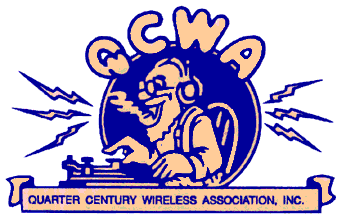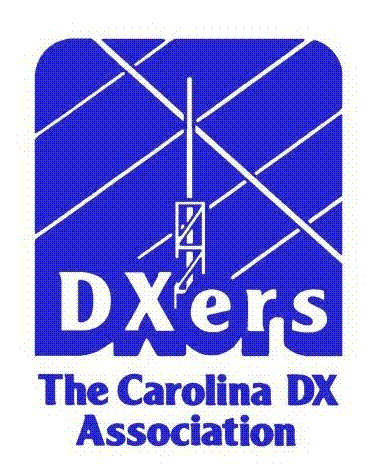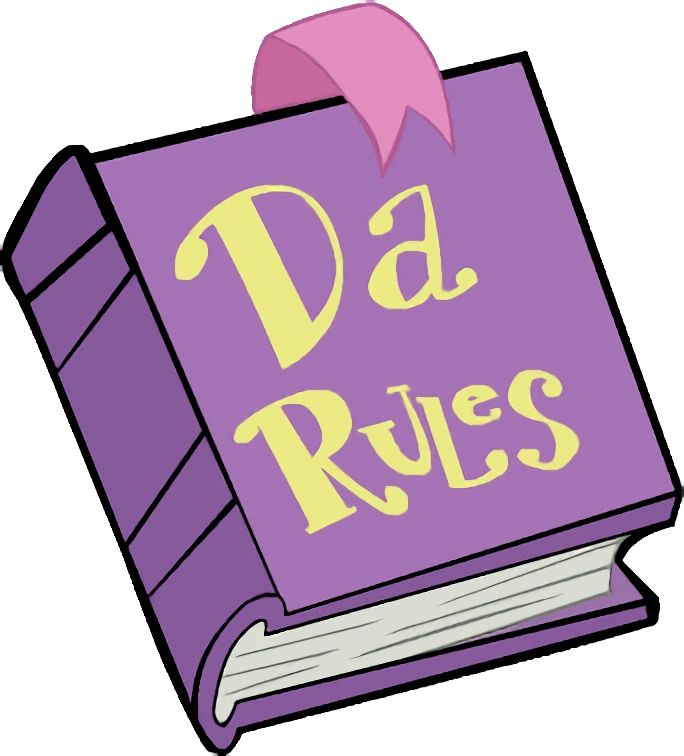|
Three Easy Steps to Becoming an Amateur Radio Operator You need a license issued by the Federal Communications Commission (FCC) to be an amateur radio operator in the United States (unless you already have a license issued by a country with reciprocal privileges, but that's a whole other story). The FCC currently grants three classes of amateur radio licenses, known as Technician, General, and Amateur Extra, with increasing levels of operating privileges. To obtain a license, you need to pass one or more exams, depending on which level you are seeking. So, how do you do that? We're glad you asked! 1. StudyThere are two ways to study for the amateur radio license exams. Many people do a combination of both. Take a ClassLicensing classes are typically taught by members of an amateur radio club. RARS offers a Technician class at least twice a year. See here for more information. If you don't want to wait for the RARS class or it's not going to be convenient for you, you can search for other license classes in your area using the ARRL website. Self–StudyIf you can't find or don't want to wait for a nearby class, you can study on your own (or with friends) using commercially-published licensing materials or a myriad of other resources available on the Internet. Either way, you might also consider finding a local amateur radio club, using the ARRL website. There are people there who can help you understand and learn the material. Commercial ResourcesWe recommend the ARRL Ham Radio License Manual from the American Radio Relay League (ARRL). The Gordon West Technician Class Prep Book is also popular and available from the ARRL. You don't need to be a member of the ARRL to purchase from them. Be sure you get the correct edition for the current question pool, which changes every four years. Internet ResourcesThere is an overwhelming number of resources on the Internet to help you study for the license exams, including study guides, videos, virtual flashcards, and other materials. A web search for "amateur radio study materials" will produce a long list. For videos, we like the ones made by W4EEY because of the depth with which they treat the material. For study guides, we like the KB6NU No-Nonsense Technician-Class License Study Guide, which is free in PDF form, for a simple, bare-bones guide focused on teaching the material to pass the test. For a comprehensive approach, check out Ham Radio Prep. It costs money but it gets good reviews. It takes a similar bare bones approach as the KB6NU study guide, focusing on what you need to know to pass the test, but it reinforces the material with videos, reading material, and practice quizzes and tests. Practice TestsOnce you have taken a class or thoroughly absorbed your chosen self–study materials, you should take online practice tests to make sure you know the what you need to know to pass the real test(s). Our favorites include The passing grade on the actual exam is 74%, but you want a little safety margin, so once you can consistently score above 80% on the practice tests, you are ready to take the actual test. 2. Take the TestThe test for the entry-level Technician license is 35 multiple-choice questions. You have to get at least 26 of them right to earn your license. Even though the licenses are granted by the FCC, the examinations are administered by teams of licensed amateur radio operators known as Volunteer Examiners (VEs). The RARS VE Team conducts exams on the fourth Tuesday of even–numbered months (February, April, June, August, October, and December) prior to the RARS Gathering at the Ridge Road Baptist Church, 2011 Ridge Road, Raleigh, NC 27607. You do not need to be a RARS member to test with us. See our exams page for scheduling and requirements. You can find other amateur radio exam locations convenient to you by searching on the HamStudy.org, Laurel VEC, or ARRL websites. 3. Join A ClubEarning your first amateur radio license is only the beginning of your amateur radio journey. It's a license to learn. The best way to learn how to be an amateur radio operator is from other amateur radio operators, and the best place to find them is a local amateur radio club. Your fellow club members will help you pick your first radio (and your second and third) and put up antennas and introduce you to the breadth and depth of the hobby. You can use the ARRL website to find an ARRL-affiliated club near you, or just search the Internet for "amateur radio clubs near me". If you would like to know more about being a member of the Raleigh Amateur Radio Society, just check out our website here. 4. How to Help (Bonus Content)Now that you are a licensed amateur radio operator, please use your skills to support your community. Get a radio, put up an antenna, participate in your club, and participate in emergency nets, AuxComm, ARES, and other public service-oriented activities. Thank you for your interest in amateur radio!
|
|||||||
|
|||||||







